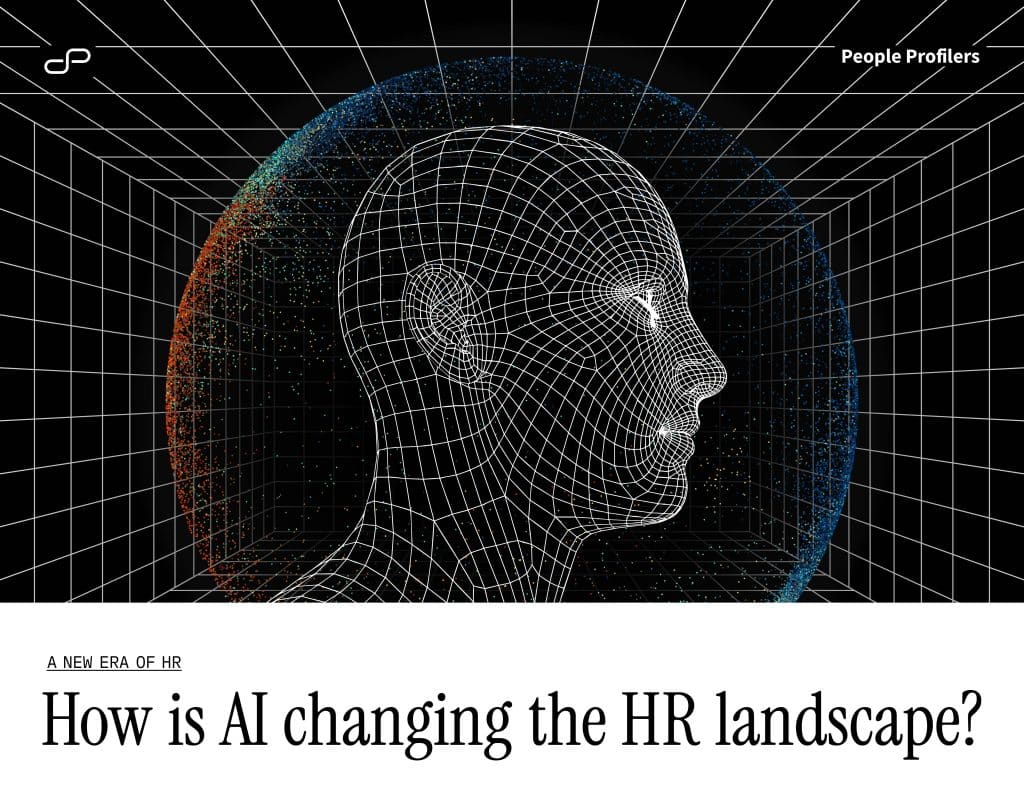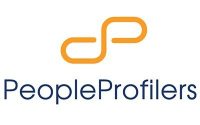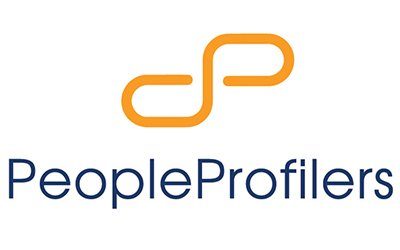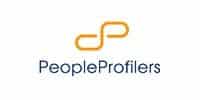
Artificial intelligence (AI) is seeping into many industries, and human resource (HR) management is no exception.
Data analytics and automation have simplified many HR practices, such as payroll processing and employee records management. These technologies have streamlined the time taken to perform these laborious tasks and made filtering through information easier than ever.
AI technology promises to take this one step further: improving HR practices. Beyond saving time and filtering information, AI has the potential to provide new insights, information, and relevant recommendations in real time.
Ironically, adopting AI into HR practices leads to a more humanised approach to HR work. With automatic systems, machine learning, and predictive analytics handling many tasks, team members are now free to focus on providing better employee support and implementing organisation-wide cultural changes.
How AI Changes People Analytics
HR professionals can now focus on the bigger picture, using data provided by AI systems to make better decisions and improve talent retention rates.
In 2008, an internal research team at Google launched Project Oxygen to gather data and identify behaviours of high-performing managers that enable their success. The results were incorporated into Google’s management development programs, significantly improving management practices, which led to higher employee satisfaction and overall performance.
How AI Changes Recruitment
The use of AI in recruitment needs no introduction. Many HR teams have already begun using advanced algorithms to process resumes, conduct job interviews, and even predict a candidate’s potential success within the organisation.
HireVue is one such AI tool. This video interview platform assists HR teams by evaluating candidates’ video interviews and predicting job performance and cultural fit. HireVue’s algorithm analyses hundreds of data points in areas such as speech and facial expressions to help identify high-potential candidates.
Using AI systems like HireVue can help companies minimise human biases related to race, gender, and personality that may unwittingly affect typical candidate interviews.
How AI Changes Employee Management
AI-powered platforms can now provide personalised orientations for new hires, customise training programs for employees with different career aspirations, and monitor workplace safety and stress levels. These features significantly reduce the workload of HR teams.
Watson, an AI-powered onboarding platform used by companies like IBM, guides new hires through paperwork, answers questions, and helps integrate them into the company culture. Thrive Global, meanwhile, delivers personalised well-being recommendations and interventions to employees, lowering their stress levels and improving productivity and engagement.
Traditional employee reviews can also be replaced by continuous feedback systems supported by AI. These systems facilitate goal-setting, manager-employee conversations, peer feedback, and organisation-wide progress tracking. HR teams can then use this data to ensure productive changes are made over time.
Betterworks is one such continuous performance management platform that assists employees in setting goals and communicating with peers and managers, leading to a more accountable and aligned workforce.
The Rise of Intelligent HR
Data and AI technology provide HR teams with limitless potential and opportunities to redefine operations and increase efficiency. However, the danger in implementing technology for the sake of automation alone is losing the human touch that makes HR essential to an organisation.
At the core of human resource management is the principle of helping candidates and employees harness their potential for the benefit of the organisation. AI simply provides tools for organisations to leverage data and add value to the people who work there.
Looking to automate some of your organisation’s HR processes but not sure where to start? Get in touch with our experienced consultants to learn more!


